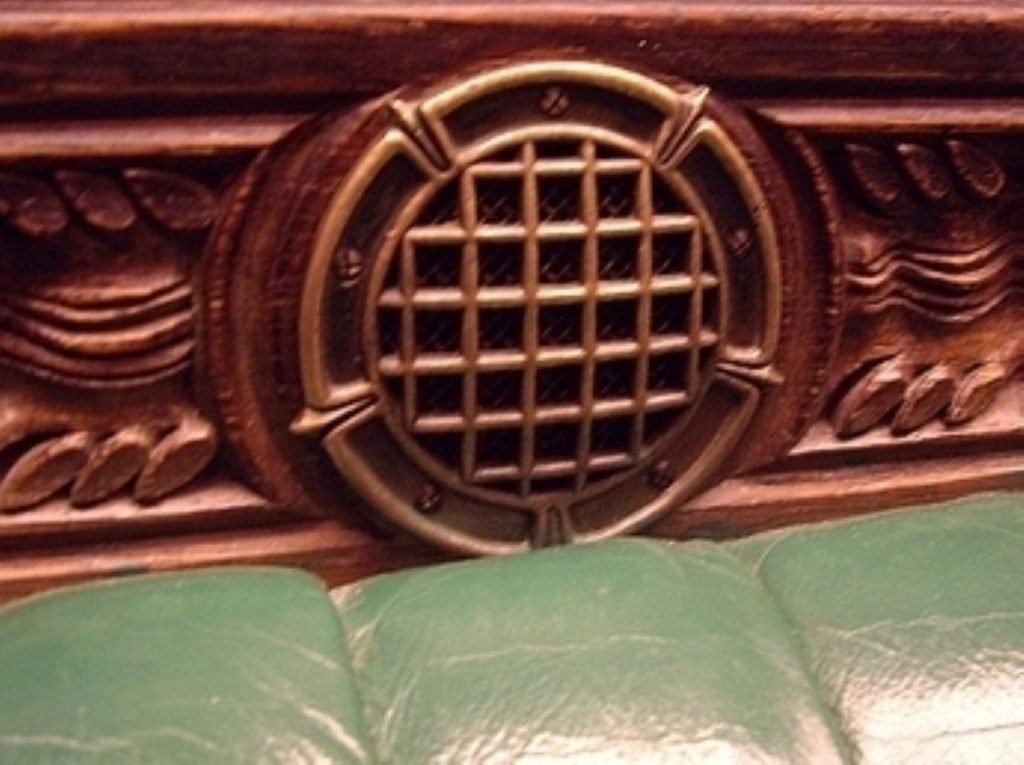Commons unites for phone hacking inquiry
By Alex Stevenson and Ian Dunt
A committee of senior MPs will hold a parliamentary inquiry into the phone hacking scandal, following a crucial Commons debate calling for the probe.
Former Europe minister Chris Bryant, who claims his phone was hacked but that police failed to properly inform him of what had happened, won support from all sides of the House for his motion calling for the standards and privileges committee to investigate the matter.
The standards and privileges committee will therefore hold an inquiry investigating whether the Metropolitan police had failed in their “duty of care” towards MPs.


Leader of the House Sir George Young said the government backed the motion, which enjoyed cross-party support. Shadow leader of the House Rosie Winterton also supported the motion, saying: “This is an extremely serious issue and we certainly need to know whether there has been contempt of parliament and whether there has been a breach of parliamentary privilege.”
The development makes the phone hacking row far more serious for News International. The standards and privileges committee can impose sanctions on those who refuse to appear, including a summons before all MPs at the bar of the Commons.
“I would urge the committee to use all the powers at its disposal,” Mr Bryant said.
That will send a shiver down the spines of News International chiefs who have previously resisted attempts to make them appear before Commons committees.
Last year News International chief executive Rebekah Brooks refused three invitations to appear before the culture, media and sport committee.
The debate came on top of the home affairs committee investigation into phone hacking, which was announced earlier this week.
“This is not about one man, it is not about the one honourable member whose case has already been to court,” Mr Bryant added.
“It is however about what kind of investigative journalism we want in this country… it is about whether this House will be supine when its members’ phones are hacked.”
Culture, media and sport committee chair John Whittingdale told MPs that evidence from his own probe suggested unlawful practices were common among national newspapers.
“There did appear to be a culture across Fleet Street that this kind of practice was routine – that there was lawbreaking taking place in many news rooms,” he said.
“We were also assured that things had changed.”
Labour MP Tom Watson, who raised the urgent question on the issue earlier this week, said: “Something very dark lurks in the evidence files of the Mulcaire case. Dark and mysterious forces are keeping it this way.” He called for the committee to use its powers to call previously reclusive witnesses to account, as well as Mr Coulson.
Liberal Democrat deputy leader – the only MP who has already given evidence which led to a conviction – broke his silence by attacking journalists.
“There’s a big difference between the freedom of the press and abuse by the press,” he said. “This is abuse and illegality and it has to end and we have to be robust about it.”
Meanwhile, demands for Andy Coulson – current Downing Street communications boss and former editor of the News of the World – to quit picked up momentum, with Labour leadership contender Andy Burnham saying he should step down until the situation was resolved.
Earlier today, David Miliband also backed called for his resignation, in an interview with politics.co.uk.
The row was heightened by comments from former News of the World features executive and member of the investigations team Paul McMullan, who told the Guardian: “How can Coulson possibly say he didn’t know what was going on with [private investigators]?”
“He was the brains behind the investigations department. How can he say he had no idea about how it works?”
During PMQs yesterday, deputy prime minister Nick Clegg launched a solid defence of Mr Coulson and insisted on the police investigation continuing without government interference.












